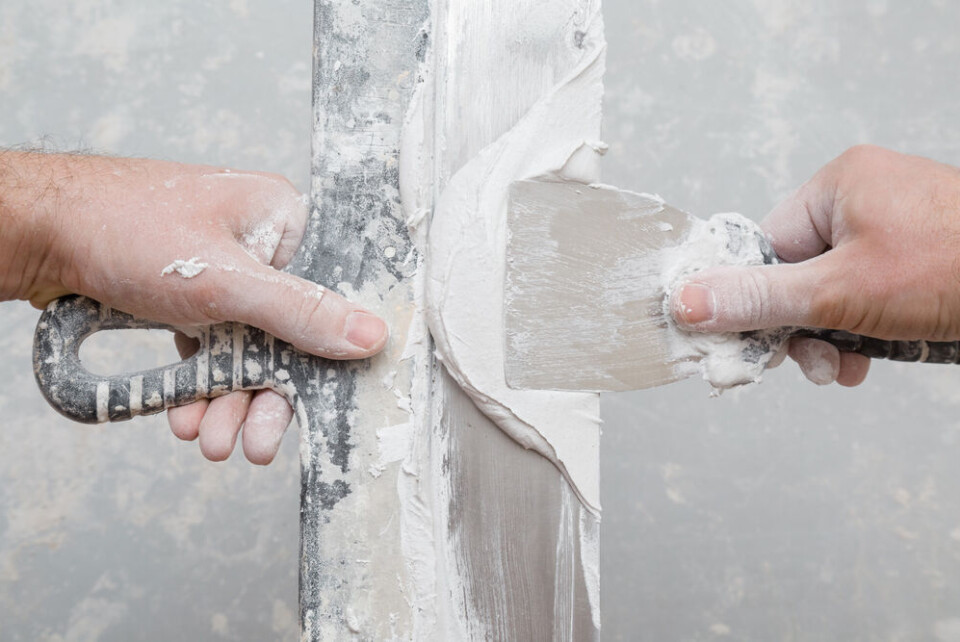-
Can I charge electric vehicle when parked outside my home?
Rules on parking can also affect those looking to charge electric vehicles
-
Water-use restrictions lifted for some households in the Pyrénées-Orientales
Rainfall replenishes reservoirs but bans still remain in northern areas
-
Poor-quality fibre internet installations remain an issue in France
Stricter measures are announced to improve connection quality
Sellers responsible for DIY defects in French home after sale
A seller is liable to pay compensation if completed works are later found to be faulty, confirms court

Property owners who undertake DIY works are responsible for defects that are later found in that work after the property is sold, a ruling from France’s highest appeal court has affirmed.
The former owner cannot claim amateurism or ignorance of the defects and they are not covered by the usual liability waiver if a problem is found after a sale.
The ruling was in line with a previous ruling by the court (Cour de cassation) in 2016 that the expected awareness of faults resulting from work should not vary just because of the level of expertise of the person who did them, whether a DIY enthusiast or a professional.
In general, when a property is sold, notaires insert a clause to the effect that the buyer does not have the right to hold the previous owner liable if serious defects which were not reasonably apparent at the time of sale (vices cachés) are found in the property afterwards.
Vices cachés relate to defects so bad as to render the property unfit for use, or that at least significantly reduce the ability to enjoy use of it. They should relate to a situation that existed at the time of sale, but which could not reasonably have been discovered without dismantling, or with a professional study.
In the case of works done on the property by the owner themselves, the person is legally deemed to have been the ‘construction/building manager’ of the project and thus expected to have knowledge of any issues with the work during and after completion.
Someone who has “carried out the work causing the defects… is bound to be aware of them and cannot rely on a clause limiting or excluding the warranty for hidden defects,” said the court in its most recent ruling on the matter in October.
Seller does not waive liability right for DIY works
In the ruling that reaffirmed the case, a woman bought a house from an SCI, however soon after noticed a defect coming from a recent renovation.
She organised an expert appraisal, which informed her of the shoddy workmanship, and subsequently sued the SCI as the previous owner of the building.
The local courts sided with the SCI, referencing the above waiver of liability, but on appeal the Cour de cassation found in favour of the new owner.
The court found that the local courts had not checked to see by whom the work in question had been undertaken, and, after an investigation, found it to have been carried out by the former owners themselves on an amateur basis and not undertaken by a professional tradesperson.
The court ruled that the SCI owners had to be aware of the defects – because they were the ones who completed the project – unless they had proof they were unaware of it, which they could not provide.
Although someone who completes DIY works could in practice be unaware of any defects, it will not absolve them, precisely because they undertook the role of ‘construction manager’ rather than using a professional.
The court ruled that the SCI must pay the new homeowner €3,000 to fix the defective works.
If you are planning on undertaking DIY in your property you can read some tips on organising your project below.
Read more: Nine tips for managing a French home renovation project yourself
Related articles
Couple fight buyer’s €140,000 repairs claim for self-built French home
‘My aim is to improve France’s building trade by training more women’
























